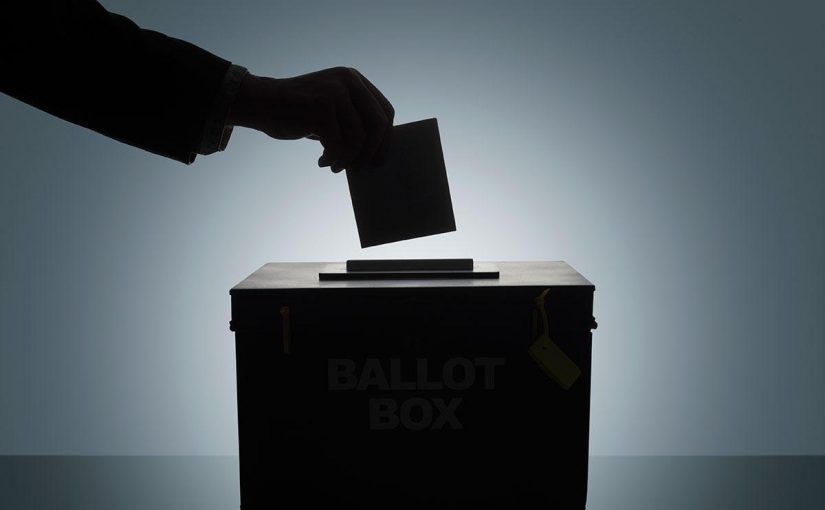The low participation of women in national elections is retrogressive to achieving gender equality in politics, a local women’s organisation has said.
In a statement, Women Institute for Leadership Development (WILD) Executive Director Samukeliso Khumalo said despite notable progress made in recent years, women continue to be underrepresented in political leadership and decision-making processes.
This was in reaction to the low numbers of women who were nominated to represent various political parties in the August 23 elections.
There will be no woman candidate in the presidential election a drop from 4 women presidential candidates who participated in the 208 elections, while only 11 percent of women candidates were nominated for National Assembly seats.
“It leaves women on the margins of decision-making, which is also detrimental to democracy and the reduction of the pervasive gender inequality gap. It also means women’s concerns and perspectives in issues of opportunities, public resource management and service delivery will not be prioritised,” said Khumalo.
She added that the statistics also show that the quota system has had the negative effect of relegating women to Proportional Representation.
“Pursuing diversity as an end goal rather than as a means to achieve better results runs the risk of tokenism. Therefore, it is imperative that true inclusivity be sought by actively engaging and opening fair leadership opportunities for women. This is because the underrepresentation of women hamper the development of inclusive policies and inhibits the full realisation of women‘s rights and interests.”
Khumalo said there are several underlying factors that contribute to the low political participation of women in Zimbabwe and these include cultural and societal norms, limited access to education, socio-economic disparities, and structural barriers within political parties and steep nomination fees.
“To address these challenges, a comprehensive approach involving multiple stakeholders is required.”
She said there is a need to establish policies and mechanisms that promote and protect women’s political rights, including affirmative action measures such as quotas and reserved seats for women
“WILD, stands ready to collaborate with the government, civil society organizations, and all relevant stakeholders to champion this cause. Together, we can build a Zimbabwe where women have an equal voice and equal opportunity to shape the future of our great nation,” said Khumalo.

